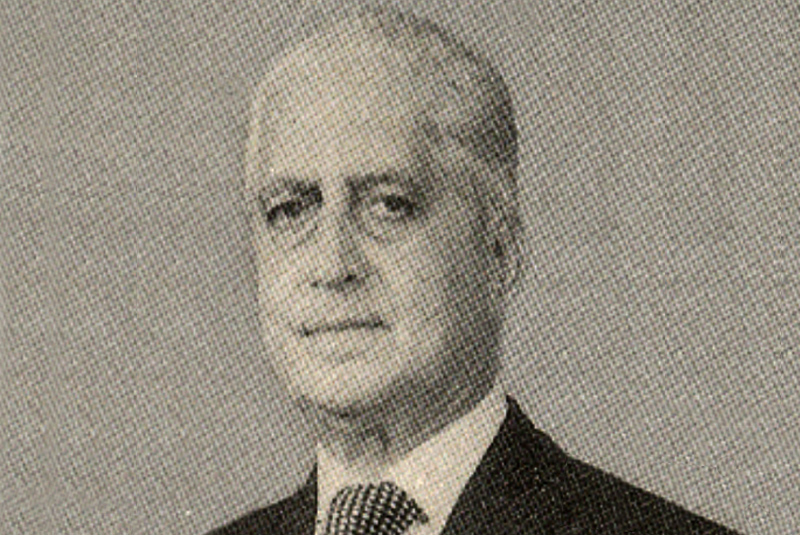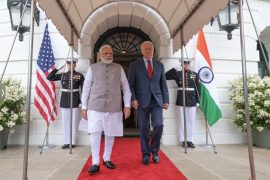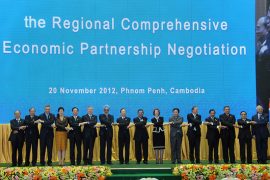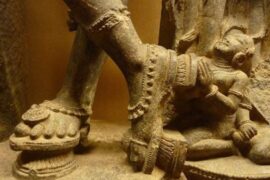On January 25, 2020, the Lok Sabha, without much fanfare, passed the 104th constitutional amendment act that ended the tradition of having two seats in the lower house reserved for the Anglo-Indian community. The provision first emerged from Article 334 of the Indian constitution that allowed for reservations in the parliament only for members of Scheduled Castes, Scheduled Tribes, and the Anglo-Indian community.
This Article – the only instance of reservations in the Indian constitution – was initially meant for an interim period of 10 years but has been renewed each time for the last 70 years. In the aftermath of the partition, India’s political leadership was inclined to view any kind of communal reservation with suspicion. Despite this, the provision was wrested from India’s first prime minister, Jawaharlal Nehru, by Frank Anthony, legislator, educator, member of India’s constituent assembly, and representative of the once-influential Anglo-Indian community.
India’s Anglo-Indian Community
The term Anglo-Indian was used to refer to people who were born of mixed English and Indian ancestry, as well as to Europeans who were born and settled in India. With time, however, only the first meaning, of a child born of mixed heritage, especially from an English father and Indian mother, came to define the community.
-30-
Copyright©Madras Courier, All Rights Reserved. You may share using our article tools. Please don't cut articles from madrascourier.com and redistribute by email, post to the web, mobile phone or social media.Please send in your feed back and comments to [email protected]











